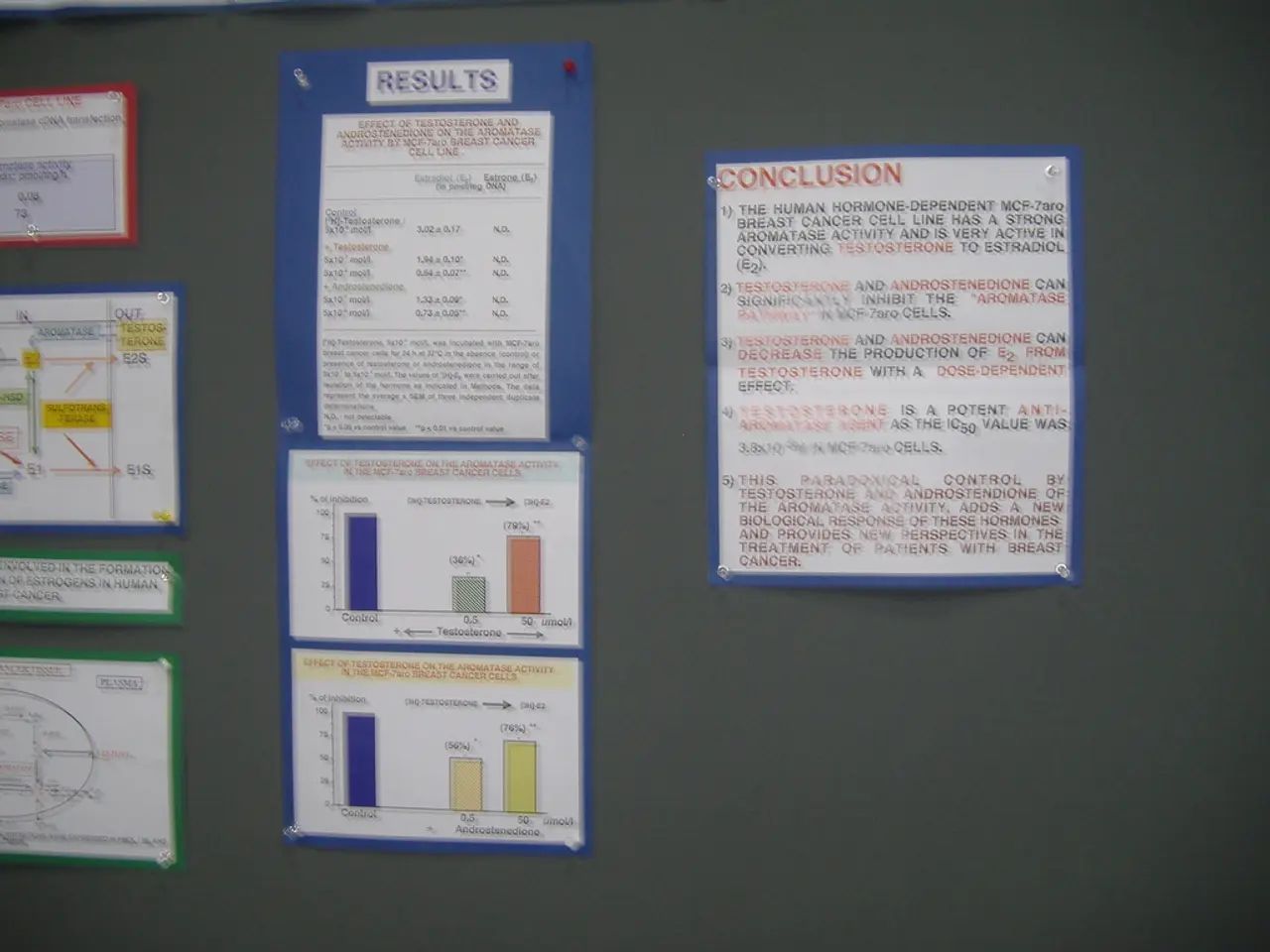Fed official Bowman scrutinized on tariffs stance by Warren
In a recent Senate Banking Committee hearing, the nomination of Michelle Bowman for a role at the Federal Reserve was met with both praise and criticism. Bowman, currently a member of the Federal Reserve Board since 2018, has served as Kansas' state bank commissioner for nearly two years prior.
Sen. Tim Scott, R-SC, expressed his support for Bowman, stating that she would bring accountability and transparency to the Fed. Sen. Bernie Moreno, R-OH, also expressed pleasure at seeing a regulator who "represents Main Street" for the role.
However, Sen. Elizabeth Warren, D-MA, expressed concern about Bowman's nomination. Warren questioned Bowman on various aspects, including her stance on supervision, regulation, enforcement, bank merger considerations, the Community Reinvestment Act, and the Fed's independence. Warren also accused Bowman of prioritizing Wall Street over Main Street during her tenure at the Fed.
In response to Warren's questions about tariffs and their potential impact on the financial system, Bowman stated that it's unclear at this point since we don't know how the economic policies will be calibrated, and what their effects on the industries will be. Bowman did not provide specific details about stress testing big banks against tariff-induced shocks but indicated that the focus on aligning capital requirements with actual risks is part of a broader strategy to ensure systemic stability under changing economic conditions.
Regarding stress testing, Bowman is involved in regulatory reforms aiming to tailor capital requirements and reduce complexity while maintaining robust risk controls. This focus on ensuring that large and community banks remain well-capitalized and prepared to withstand financial shocks is consistent with her commitment to promoting transparency and accountability.
Bowman also emphasized the importance of consistency across regulatory bodies and adherence to cost-benefit analysis. She advocated for a pragmatic approach to regulation that ensures regulations are efficient and effective.
If confirmed, Bowman plans to prioritize reforming and refocusing supervision, restoring regulatory tailoring, ensuring a viable path for innovation in the banking system, and promoting transparency and accountability. Bowman also committed to maintaining the Fed's independence with respect to monetary policy and the economy.
In addition, Bowman views tariff-related price increases as likely a one-time effect on inflation, expecting inflation to return to 2% after these effects subside. She supports a gradual policy approach to avoid weakening the labor market and believes proactive monetary policy adjustments can help the economy navigate through shifts including tariff impacts.
The hearing also addressed the role of stress tests in the banking system. Bowman said regulators need to take a closer look "at the appropriateness of the way the stress tests have been implemented." Randal Quarles, past Fed vice chair for supervision, did initiate an emergency stress test at the onset of the COVID-19 pandemic when markets were volatile, to understand whether banks would be resilient to that shock. However, Sen. Thom Tillis, R-NC, pointed out that Michael Barr, the central bank's previous vice chair for supervision, didn't launch a stress test when Silicon Valley Bank failed, or when inflation soared.
In conclusion, the nomination of Michelle Bowman for a role at the Federal Reserve has sparked a debate over regulation and stress testing. Bowman's commitment to promoting transparency, accountability, and regulatory reform, as well as her focus on aligning capital requirements with actual risks, indicates a dedication to ensuring the banking system's resilience against shocks, including those from economic disruptions like tariffs. However, the lack of specific details about stress testing big banks against tariff-induced shocks and the controversy surrounding her nomination highlight the ongoing debate about the appropriate role of regulation in the banking industry.
- The debate around Michelle Bowman's nomination for a role at the Federal Reserve extends to the realms of politics, business, and general-news, as it involves discussions on regulation and stress testing in the finance industry.
- If confirmed, Bowman plans to prioritize reforming and refocusing supervision, a move that could have significant implications for business operations and thus falls under the purview of general-news and politics.




